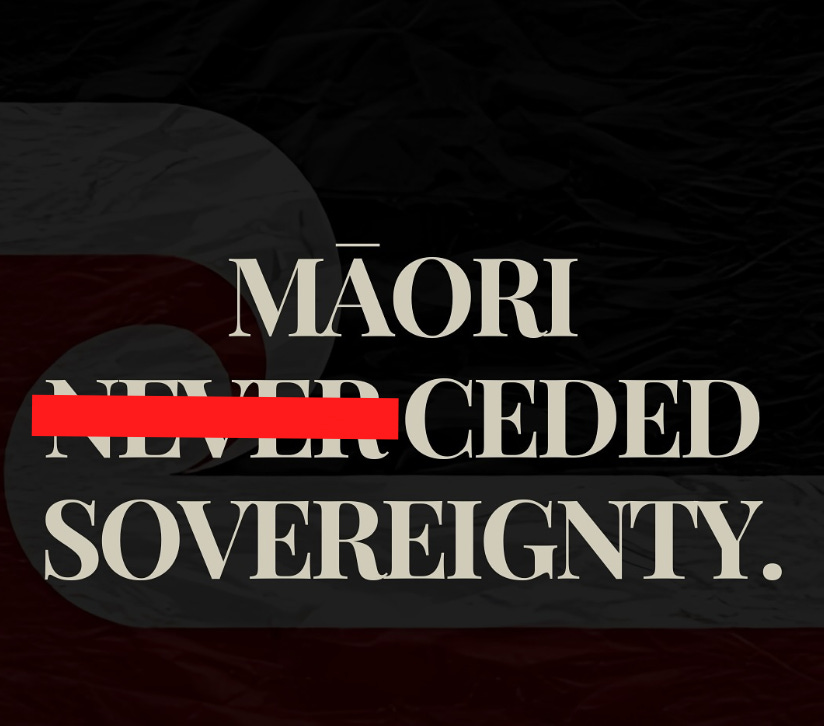The truth about sovereignty
Māori gave it up in 1840
A growing number of activists and taxpayer-funded academics want you to believe a lie that Māori never ceded sovereignty when they signed the Treaty of Waitangi. It has become the foundation for race-based governance, tribal veto power over public resources, and demands to rewrite New Zealand’s constitutional framework. The facts tell a very different story.
In 1840, dozens of chiefs willingly signed Te Tiriti o Waitangi. The English version makes it crystal clear. Māori ceded "absolutely and without reservation all the rights and powers of Sovereignty" to the British Crown.
The Māori version used the word "kawanatanga" to describe this transfer. Activists today claim this meant something softer, like administration or temporary oversight. But the truth is, "kawanatanga" was already widely understood as a term meaning governance, authority and law, especially given the influence of missionaries and prior usage in Christian texts.
Many chiefs understood exactly what they were agreeing to. They saw the benefits of peace, trade, law and protection under the Crown. They were living through intertribal violence, slavery, cannibalism and constant warfare. They knew what an alternative looked like…




